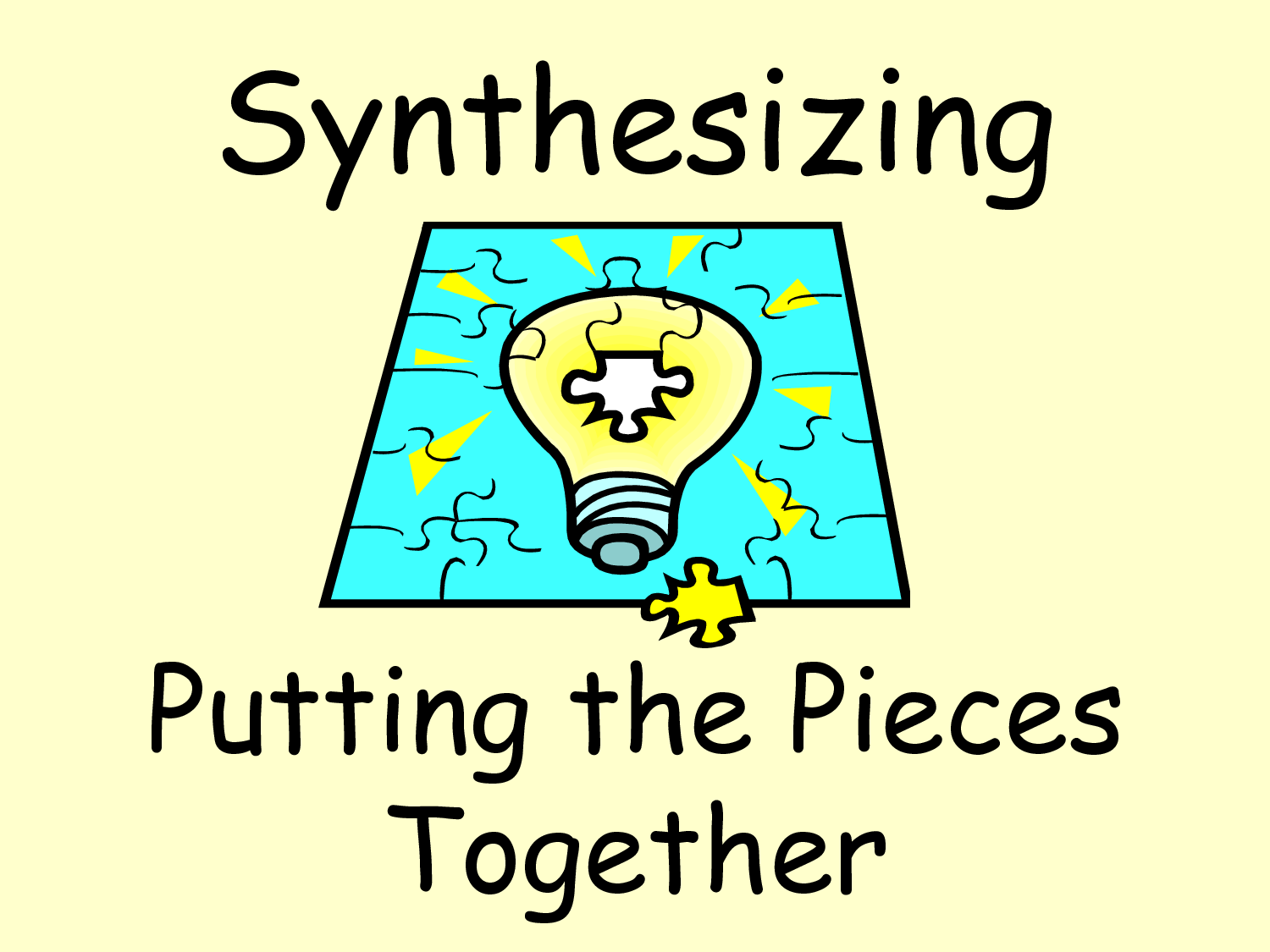The term "synthesize" plays a crucial role in various fields, including science, art, and education. It is a multifaceted concept that refers to the process of combining different elements to form a coherent whole. Understanding the meaning of "synthesize" is essential for students, professionals, and anyone interested in enhancing their knowledge. In this article, we will delve into the definition, applications, and significance of synthesis in the English language and beyond.
When we talk about synthesizing, we are often referring to the act of merging distinct components to create something new and meaningful. This process is not only vital in scientific research but also in writing, critical thinking, and creative endeavors. As we explore the meaning of "synthesize," we will uncover its relevance in various contexts and how it can be applied effectively.
In the following sections, we will break down the concept of synthesis, examine its implications, and provide insights into how it is used in different disciplines. By the end of this article, you will have a comprehensive understanding of the meaning of "synthesize" and its importance in effective communication and knowledge creation.
Table of Contents
- Definition of Synthesize
- Applications of Synthesis
- Synthesis in Science
- Synthesis in Writing
- Synthesis in Education
- Benefits of Synthesizing Information
- Challenges in Synthesis
- Conclusion
Definition of Synthesize
The word "synthesize" derives from the Greek word "synthesis," which means "putting together." In English, it refers to the process of combining different ideas, concepts, or elements to create a unified whole. Synthesis involves analysis, evaluation, and integration of information from various sources.
Key Aspects of Synthesis
- Integration of diverse elements
- Creation of new understanding or knowledge
- Application across multiple disciplines
Applications of Synthesis
Synthesis is applicable in a wide range of fields, including science, literature, education, and art. Understanding how synthesis operates within these disciplines enhances our ability to communicate effectively and innovate.
Interdisciplinary Connections
Many fields rely on synthesis to bridge gaps between different areas of knowledge. For example, in environmental science, researchers synthesize data from biology, chemistry, and geology to understand ecological systems.
Synthesis in Science
In scientific research, synthesis is vital for developing theories and models. Scientists gather data from various studies, analyze it, and synthesize their findings to draw conclusions.
Example of Scientific Synthesis
A classic example of synthesis in science is the development of the theory of evolution. Charles Darwin synthesized observations from different species and geological findings to formulate his groundbreaking theory.
Synthesis in Writing
Synthesis is an essential skill in writing, especially in academic contexts. Writers synthesize information from multiple sources to support their arguments and provide a comprehensive view of a topic.
Effective Synthesis in Writing
- Use of credible sources
- Integration of quotes and paraphrases
- Clear presentation of ideas
Synthesis in Education
In educational settings, synthesis is a critical component of critical thinking and problem-solving. Students are encouraged to synthesize information from lectures, readings, and discussions to develop their understanding and perspectives.
Methods of Teaching Synthesis
- Group discussions
- Research projects
- Reflective writing assignments
Benefits of Synthesizing Information
Synthesizing information enhances comprehension and retention. It promotes critical thinking and allows for a deeper understanding of complex topics.
Advantages of Synthesis
- Improved analytical skills
- Enhanced creativity
- Stronger argumentation abilities
Challenges in Synthesis
Despite its benefits, synthesizing information can be challenging. It requires the ability to discern relevant data, critically evaluate sources, and integrate diverse viewpoints.
Overcoming Synthesis Challenges
To overcome these challenges, individuals can:
- Practice active reading techniques
- Engage in collaborative discussions
- Utilize graphic organizers for visual synthesis
Conclusion
In summary, the meaning of "synthesize" encompasses the integration of diverse elements to create a cohesive understanding. This concept is vital in various fields, including science, writing, and education. By mastering the art of synthesis, individuals can enhance their critical thinking skills, improve their communication abilities, and foster innovation.
We encourage you to reflect on how you can apply the principles of synthesis in your own work. Feel free to leave a comment below, share this article with others, or explore more content on our site to deepen your understanding.
Thank you for reading! We hope you found this article informative and engaging. We invite you to return for more insights and knowledge-sharing in the future.


